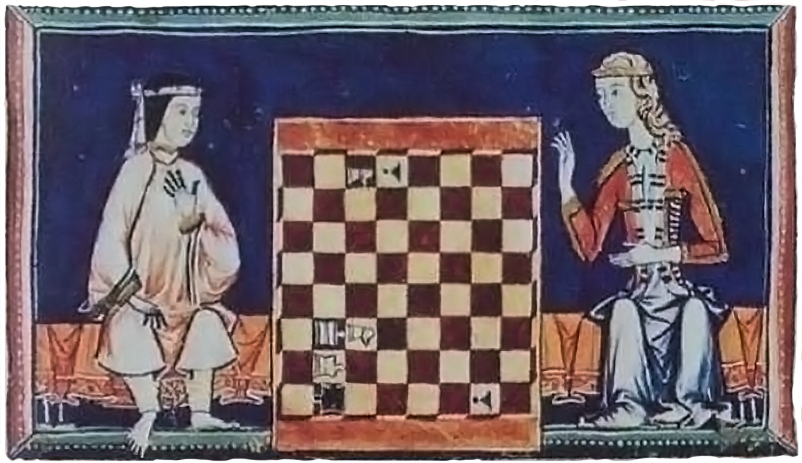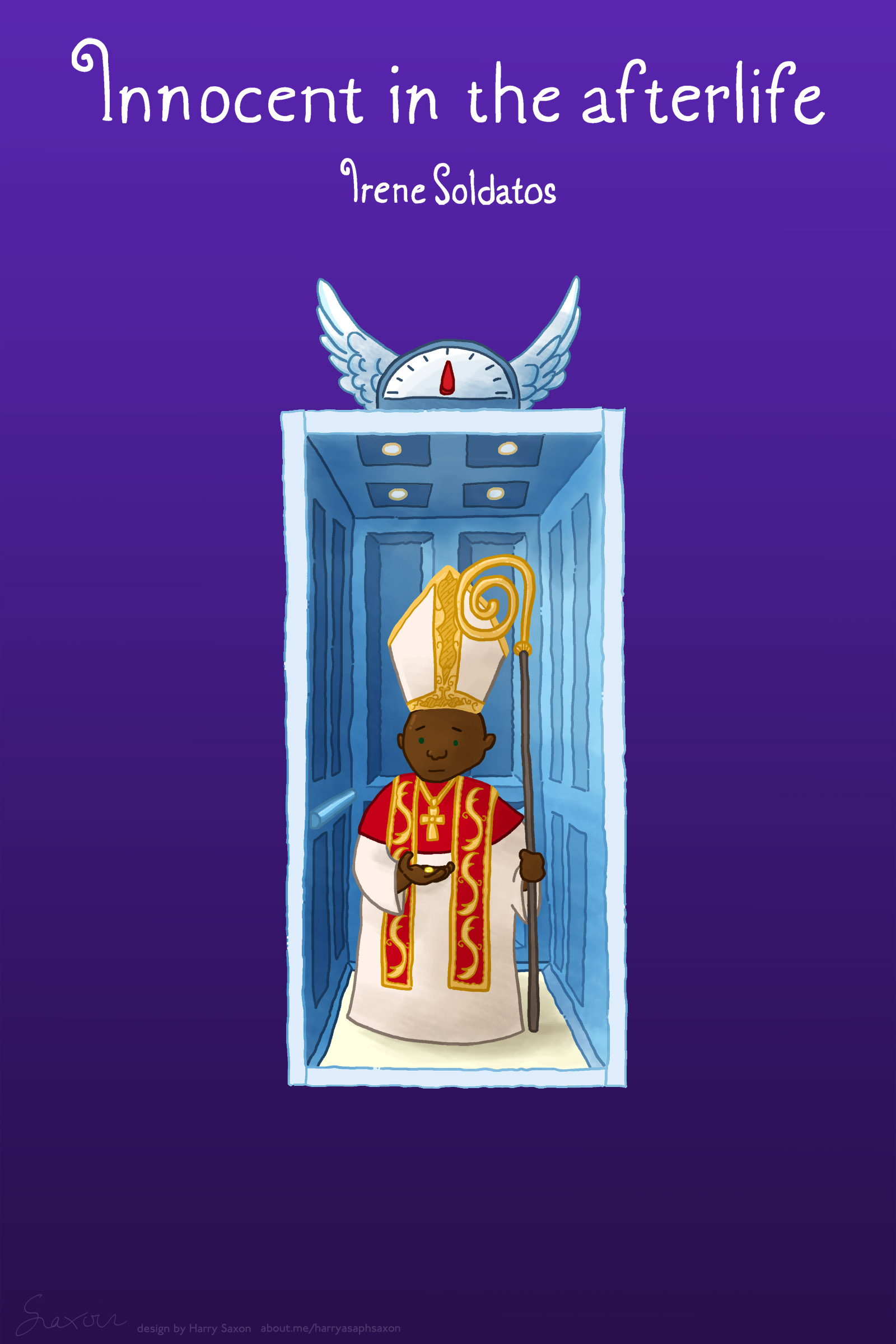More chickens
Papirius Cursor was Consul in 293 B.C.E.
That was a story of intelligence, shown in the courtroom; the next one will be a story of intelligence shown in a military campaign. When the consul Papirius Cursor was attacking Aquilonia and wanted to engage the enemy in battle, the priest in charge of the sacred chickens told him that the auspices were excellent, though the sacred birds were not in fact favourable. Papirius found out about the priest’s deception, but he felt confident because a good omen had been given to himself and the army, so he started to do battle. But he stationed the lying priest in front of the battle line so that if the gods were angry, they would have someone on whom to wreak their vengeance.
By chance, or perhaps by the providence of some god in heaven, the first spear sent from the opposing army was aimed at the chest of the priest in charge of the sacred chickens, and it knocked him to the ground, lifeless. When the consul discovered this, he attacked Aquilonia with complete confidence and captured it. 1
1Valerius Maximus, Memorable Deeds and Sayings; One Thousand Tales from Ancient Rome, trans. Henry John Walker, Hackett Publishing: 2004, p. 237-238.



